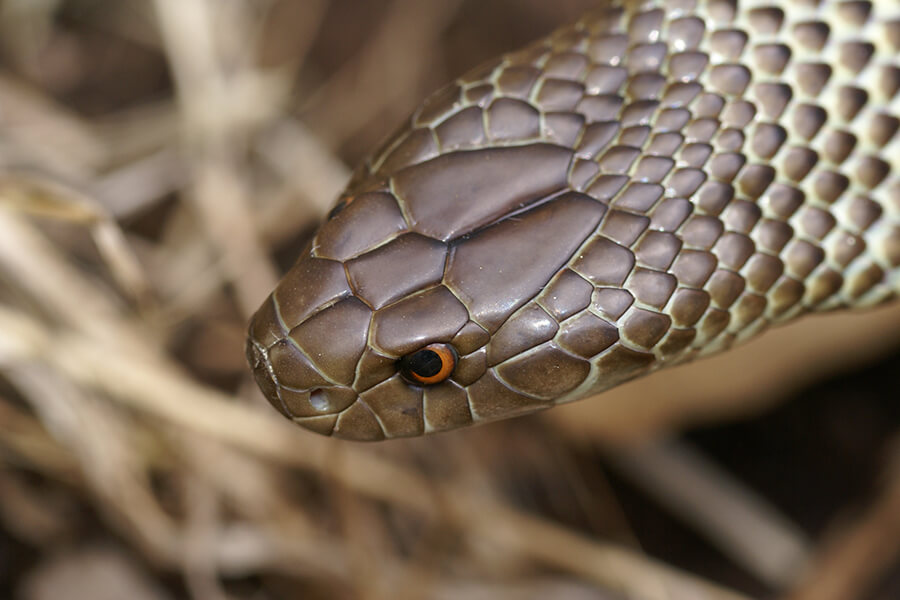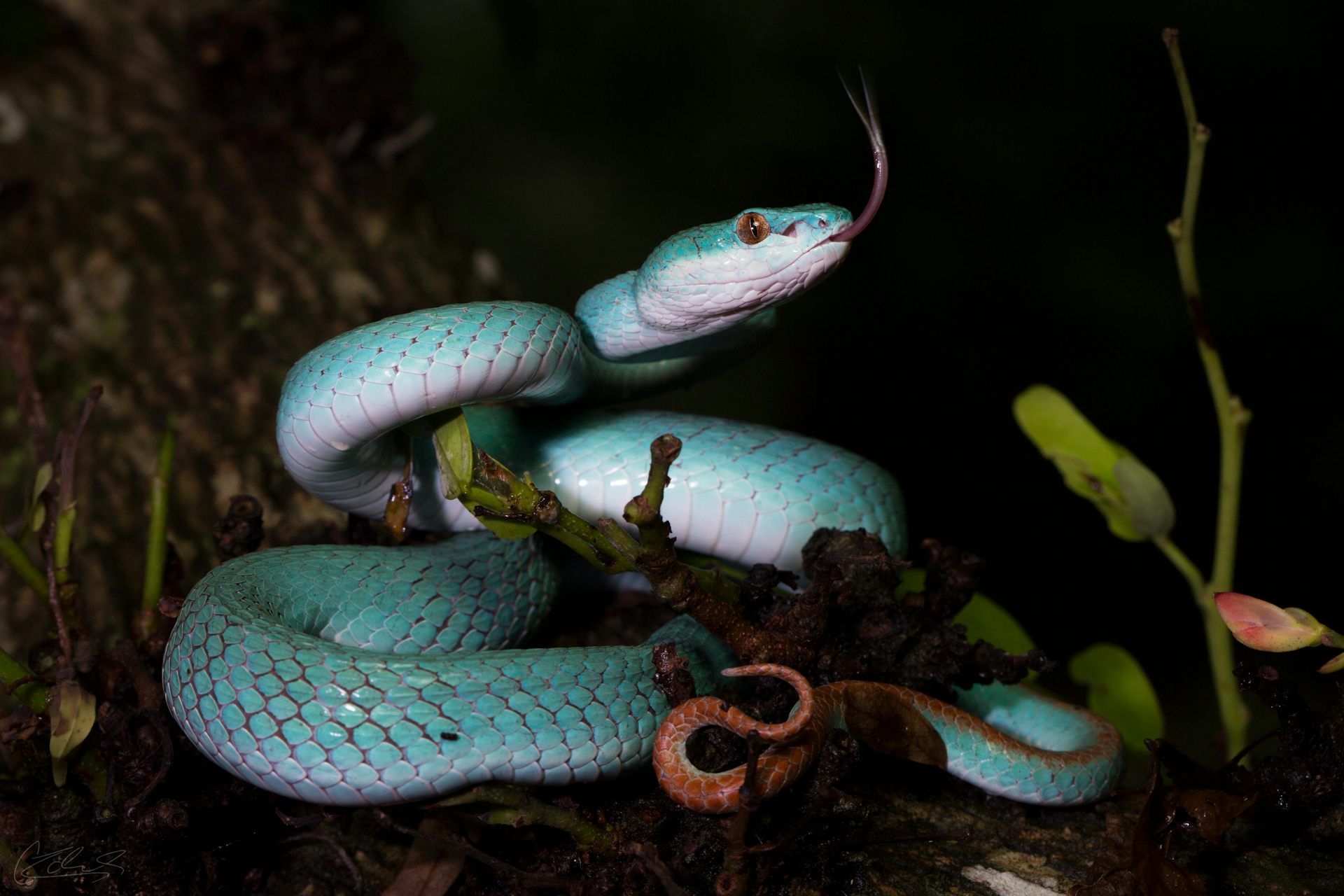Introduction
Tiger serpents are among one of the most popular and been afraid reptiles in Australia, commonly acknowledged for their striking appearance and powerful venom. This short article intends to delve into the details of the tiger serpent's environment, distribution, behavior, and what one can anticipate when encountering these fascinating animals. By comprehending where to locate them and just how to browse prospective dangers, you can appreciate their role in the ecosystem while ensuring your safety and security.
Tiger Serpent Habitat: Where to Find Them and What to Expect
Tiger snakes are mainly found in southeastern Australia, top 10 most venomous snakes in australia including Tasmania, where they prosper in a variety of environments. Their flexibility permits them to occupy diverse surfaces such as coastal areas, marshes, meadows, and even metropolitan locations.
Geographical Circulation of Tiger Snakes
The geographical reach of tiger snakes prolongs across a number of Australian states. They are especially typical in:

- Tasmania: The Tasmanian tiger snake is just one of one of the most recognized subspecies. Victoria: Discovered near water bodies like rivers and lakes. New South Wales: Liking bushland areas near to water sources. Western Australia: More frequently seen around swamps and estuaries.
Understanding the geographical distribution is important for both preservation initiatives and public awareness pertaining to encounters with these snakes.
Preferred Habitats of Tiger Snakes
Tiger serpents grow in numerous environments. Below are some normal atmospheres where they might be discovered:
Wetlands: They prefer marshy or marshy locations where they can access prey easily. Coastal Regions: Near beaches or rocky shorelines offer bountiful food sources like fish and amphibians. Forested Areas: Dense underwood provides shelter from predators while supplying searching grounds.
Behavioral Patterns Connected to Habitat
Understanding tiger snake actions within their environments is essential for interaction monitoring:
- Nocturnal Activity: Tiger serpents tend to be more active throughout twilight hours (sunset and dawn), making them more challenging to detect throughout daytime. Territorial Nature: They exhibit territorial habits; hence, it's extremely important to respect their area if encountered.
This understanding can help minimize undesirable interactions between humans and tiger snakes.
what does a snake bite look likeAre Tiger Snakes Venomous?
Yes, tiger snakes are undoubtedly venomous. Their poison includes neurotoxins that can create paralysis and even fatality if untreated.
What Makes Their Poison Dangerous?
The effectiveness of a tiger snake's venom varies depending on a number of factors:
- Geographic location Individual health Quantity injected during a bite
Symptoms of a Tiger Serpent Bite
Recognizing signs and symptoms early is crucial:
- Pain at the bite site Swelling Difficulty breathing
Immediate medical interest is essential if bitten.
First Help for Snake Bites
Knowing emergency treatment procedures can be lifesaving in instance of a snake bite.

First Aid Tips for Snake Bites
Stay tranquility; keep the afflicted location still. Call emergency situation solutions immediately. Apply a stress plaster above the bite site. Keep the individual relaxing up until help arrives.Following these steps can dramatically enhance outcomes adhering to a serpent encounter.
Where Else Can You Come Across Tiger Snakes?
While they're commonly found in their natural environments, urbanization has actually caused increased encounters with humans.
Urban Encounters
Tiger serpents may venture right into yards or parks searching for food or water sources.
Precautions When Treking or Exploring
When discovering areas known for tiger snake habitats:
- Wear thick boots Stay on paths Be vigilant
Taking these precautions will help lessen dangers while you enjoy nature.
Baby Tiger Snakes: An One-of-a-kind Point Of View on Growth
Just like adults, child tiger serpents are birthed venomous yet smaller in size.
Characteristics of Child Tiger Snakes
- Size: Typically around 20-- 30 centimeters when born. Appearance: Sport similar coloration as adults however might have lighter bands initially.
Understanding their advancement assists in appreciating their eco-friendly role from early stage onward.
FAQs concerning Tiger Snakes
1. Are all tiger snakes venomous?
Yes, all species of tiger snakes have poison with the ability of triggering severe harm.
2. Just how can I recognize a tiger snake?
Look for unique banding patterns ranging from yellowish-brown to blackish colors along their bodies; adults generally grow between 1-- 2 meters long.
3. What need to I do if bitten by a tiger snake?
Seek immediate medical attention; use emergency treatment steps as reviewed earlier while maintaining calm.
4. Do baby tiger snakes position any danger?
Absolutely! In spite of their small size, child tiger serpents are still poisonous and can supply attacks that need major medical attention.

5. Are there any kind of specific habitats I must avoid?
Avoid walking through dense underbrush or near stationary water where problems prefer serpent visibility during warmer months.
6. Exactly how do preservation initiatives affect tiger snake populations?
Conservation campaigns focus on habitat preservation which straight impacts population security by making sure enough food resources and safe reproduction locations.
Conclusion
In recap, understanding "Tiger Snake Habitat: Where to Locate Them and What to Expect" not just enriches our expertise regarding these impressive reptiles yet additionally improves our ability to exist side-by-side securely with them in shared settings. From identifying their preferred environments to knowing just how to respond successfully if bitten, comprehensive expertise empowers us all-- whether we're wild animals enthusiasts or laid-back hikers-- to appreciate this interesting element of Australia's natural heritage while prioritizing our safety.
This post functions as a comprehensive guide on every little thing pertaining to tiger serpent habitats! Whether you're a passionate traveler or a person looking just for information Immobilization concerning these animals, understanding exactly how they engage within their environments-- and how we match that photo-- is crucial!